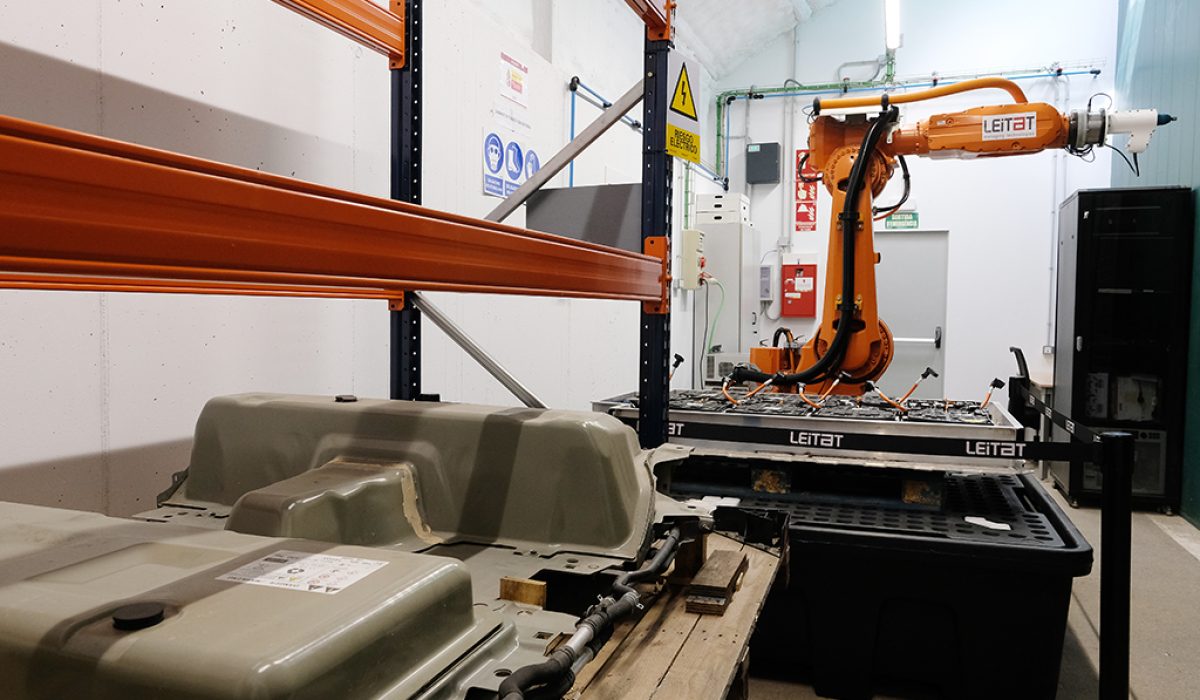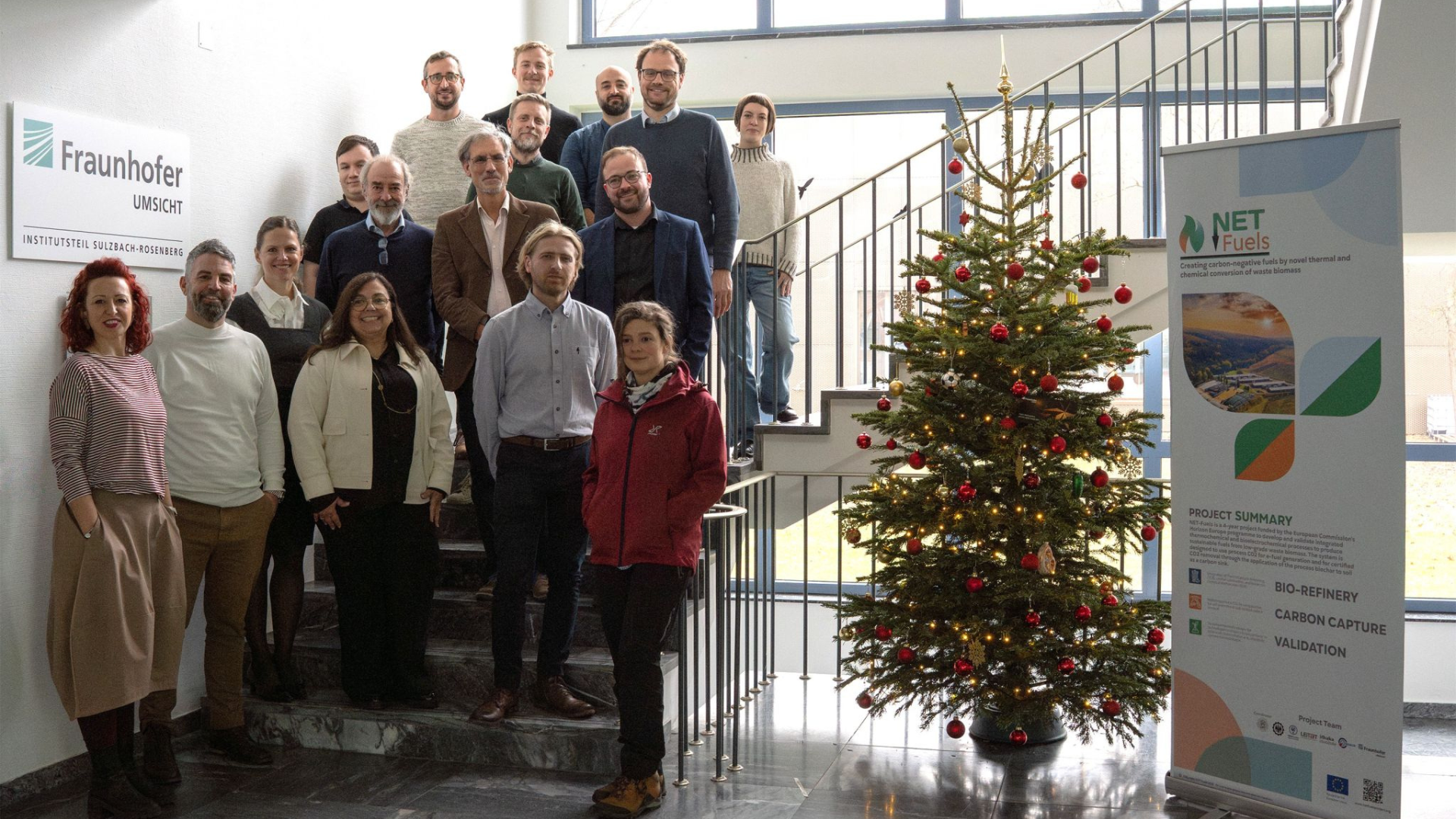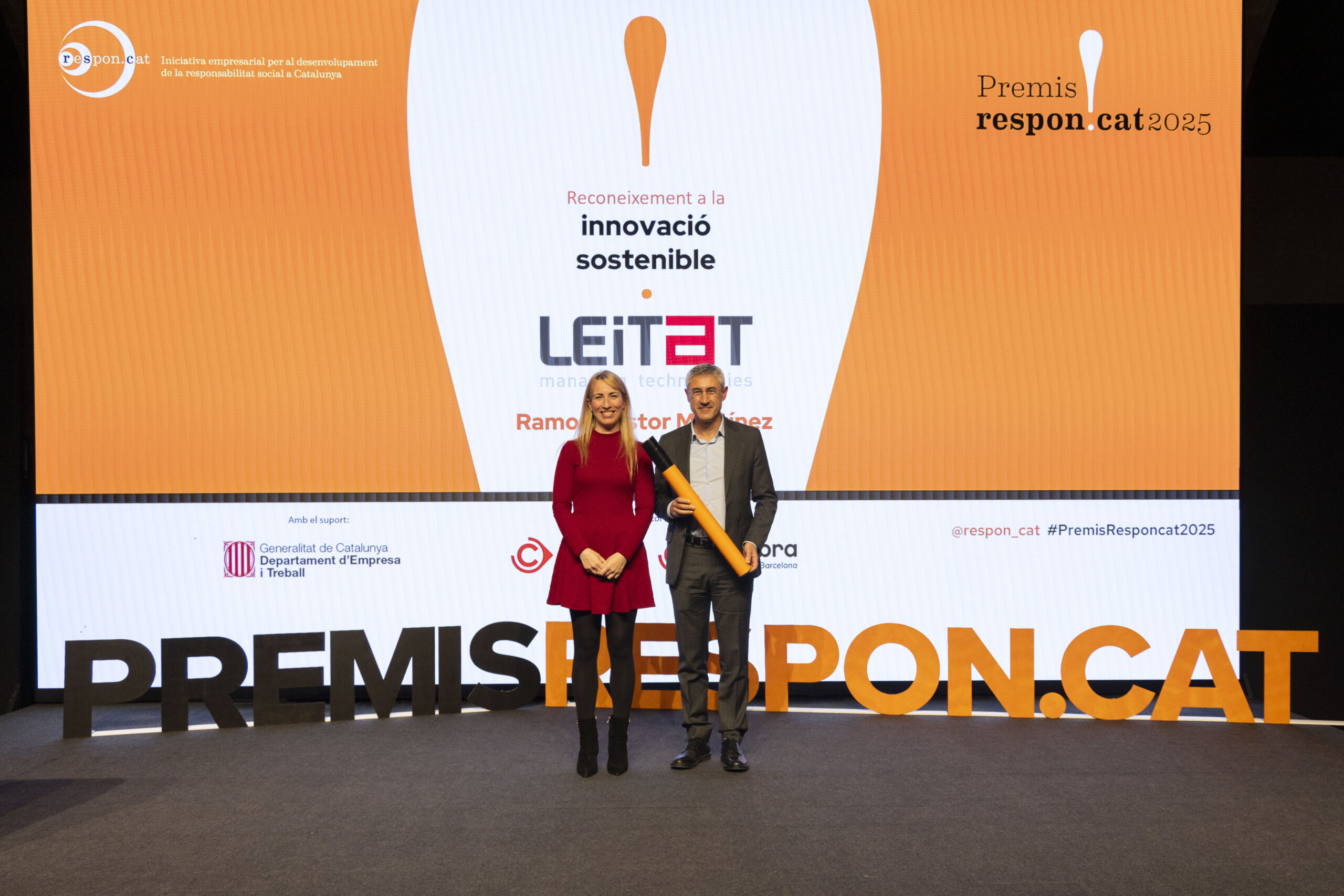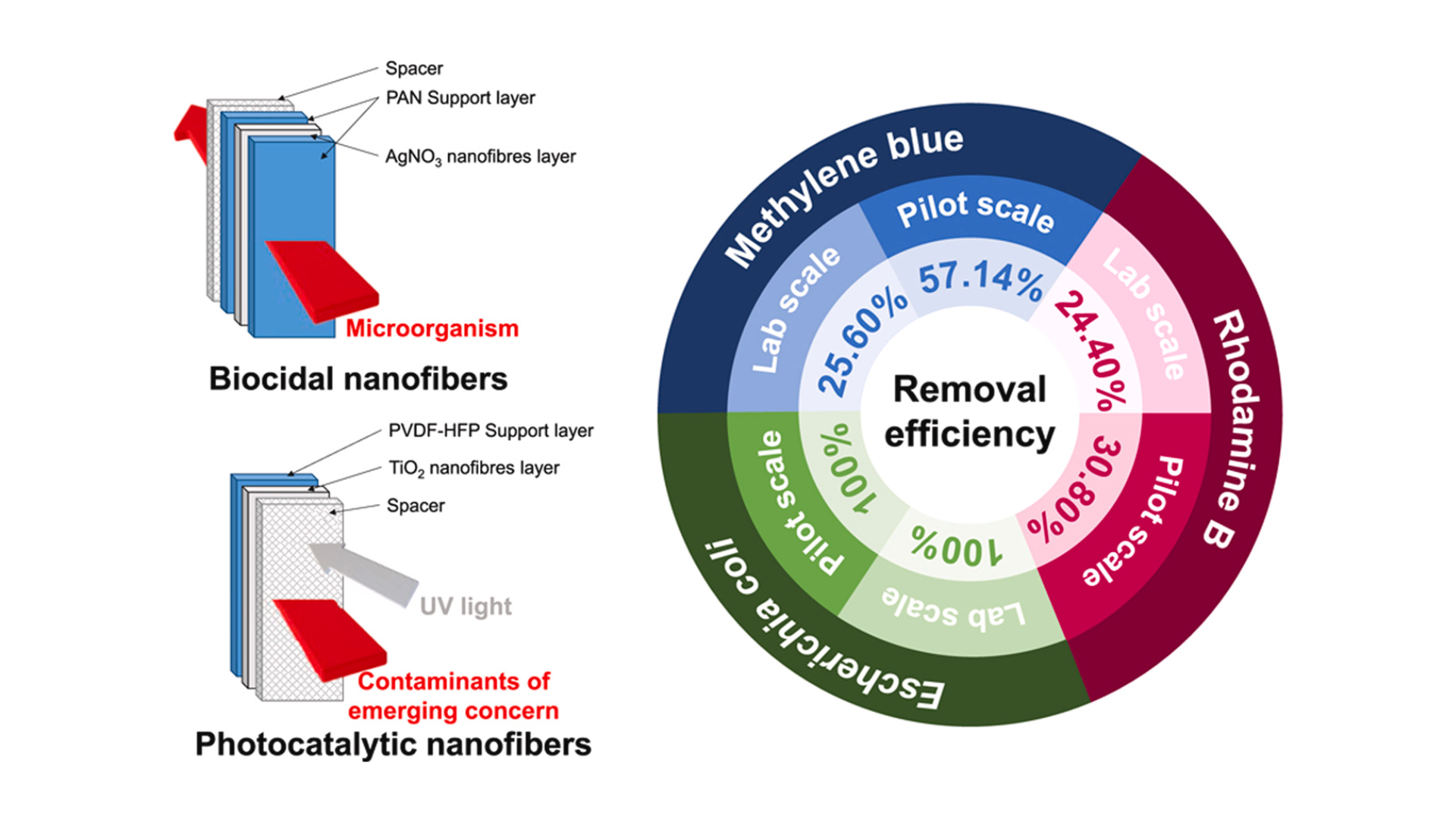A transition that is already underway
A few years ago, talking about sustainable mobility might have sounded like a distant promise, almost a technological fantasy. Today, however, the reality is quite different: advances in batteries and energy storage systems have put tangible solutions on the table. As an electric vehicle user and a professional linked to the sector, I can affirm that sustainable mobility is not a utopia: it is a necessity and, moreover, a reality that is gaining ground with force.
The question we should ask ourselves is not whether we will reach that future, but how fast and with what level of commitment we will do so.
Technological innovation: safer and more efficient batteries
In this context, European projects like AM4BAT, coordinated by the Leitat Technology Center, set the pace of innovation. Its goal is clear: to develop a new generation of solid-state batteries, safer, more efficient, and with higher energy density.
This represents a qualitative leap compared to current batteries, which are still dominated by conventional lithium-ion technologies. The great promise of solid-state batteries is not only to store more energy in less space, but to do so while reducing safety risks and increasing lifespan. In practical terms: electric vehicles that travel more kilometers, charge faster, and last longer without degrading.
This type of innovation is the engine driving the energy transition. However, it is not enough to focus only on the tip of the iceberg: we also need to consider what happens when these batteries reach the end of their life.
The other side of the coin: closing the loop
The debate on sustainable mobility would be incomplete without addressing recycling. A battery may be highly efficient during its use, but if it ends up in a landfill when depleted, the environmental and social balance is shaken. This is where initiatives like BATRAW and RESTORE come into play, also involving Leitat.
The first, BATRAW, works on developing advanced processes for the disassembly and recycling of electric vehicle batteries. This involves recovering critical materials—such as lithium, nickel, or cobalt—which currently rely on intensive and geopolitically sensitive mining. The second, RESTORE, focuses on improving pre-treatment and sorting phases, with an ambitious goal: to ensure that recovered materials can be directly reincorporated into the battery value chain.
Both projects reflect a simple but transformative idea: closing the loop. Because electric mobility will not be fully sustainable if we do not manage to reuse the resources already in circulation.
Beyond technology: a matter of will
At this point, we can ask ourselves: if the technology exists, what is holding us back? The answer is uncomfortable but clear: a lack of collective will.
Industry is progressing, science offers solutions, and technology centers demonstrate through prototypes and pilots that it is possible to produce and recycle better. But the energy transition cannot rely solely on innovation. Strict regulatory frameworks, decisive public and private investments, and—above all—a social commitment that goes beyond passing trends are needed.
Sustainable mobility will not result from a single brilliant invention, but from an ecosystem of aligned wills: manufacturers designing with recycling in mind, governments betting on the circular economy, consumers choosing clean options, and recycling systems returning strategic materials to industry.
Accelerating change
Electric and sustainable mobility is not a distant horizon: it is here. Solid-state batteries show the way to safer and longer-lasting vehicles. Next-generation recycling projects demonstrate that it is possible to reduce dependence on critical raw materials.
What is missing is acceleration. Because each year we delay the transition, we increase our energy dependence, environmental impact, and the risk of falling behind other markets.
The technology is ready. Now the question is whether we, as a society, are ready too.
Original article by Leitat. Author: Pere Lleonart Anglès, Researcher. Published in Diario Responsable (10/09/2025)





